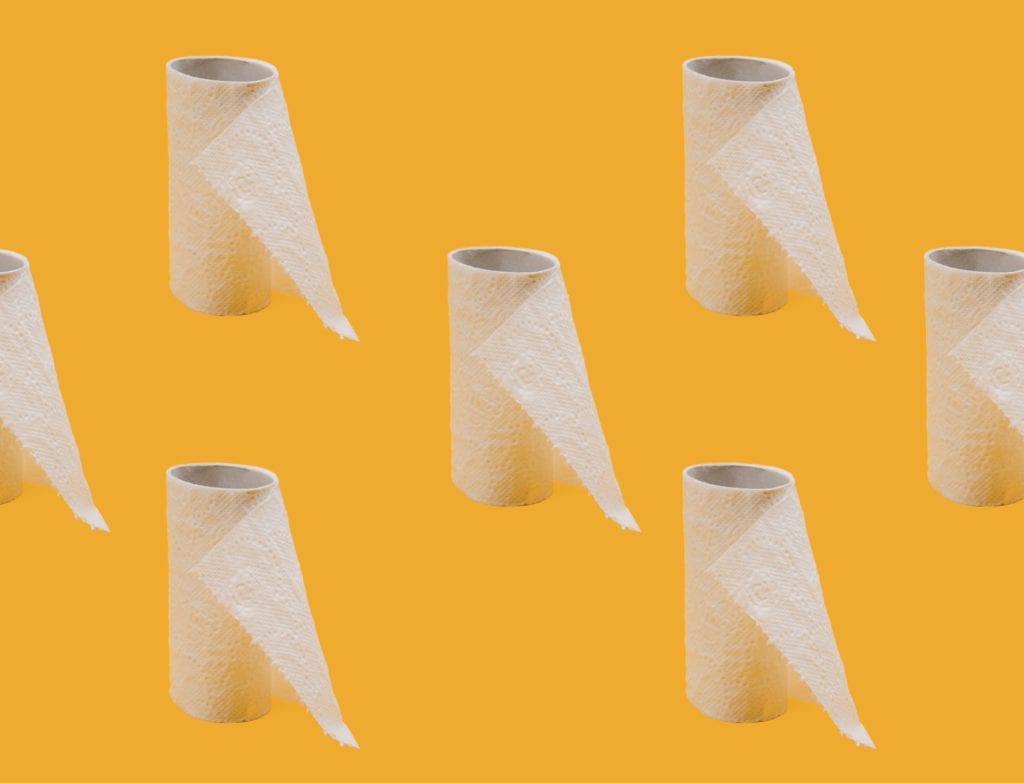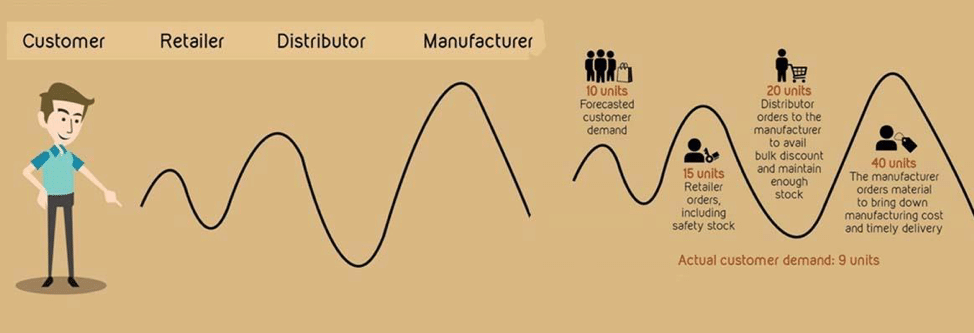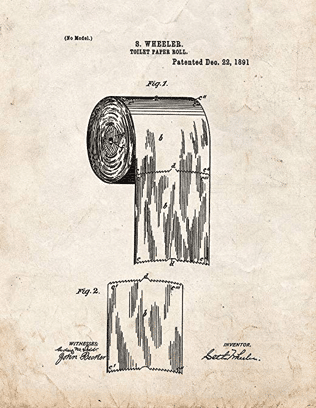
Do you have a square to spare? Consult your estate planning attorney and ask whether hoarding is considered estate planning in light of COVID-19 pandemic. If you have made a trip to Costco or to your local grocery store to buy toilet paper you may have a surprise. For instance, you know that there is little or no toilet paper on the shelves. Do we use more toilet paper during a pandemic? No. However, stocking up on other household products such as surgical masks (face masks), hand sanitizer, and disinfectant wipes does make sense as these products would be in short supply due to the outbreak. But why toilet paper? There is no supply shortage of toilet paper and it does not help protect against a respiratory virus like COVID-19. Is hoarding considered estate planning in light of COVID-19?
While Chinese pharmaceutical companies supply approximately 90% of our antibiotics, vitamin C, ibuprofen, and hydrocortisone (which is quite an alarming statistic), the U.S. produces most of its toilet paper (about 90%), and what we do not produce we import from Mexico and Canada. In the United States today, the toilet paper industry is dominated by three manufacturers: Georgia-Pacific, Procter & Gamble, and Kimberly Clark, which make up about 80% of the U.S. toilet paper market, and the latter generating over $2 billion in toilet paper sales in 2016.
Products that are manufactured in China face potential supply chain disruption, and we have already seen some supply shortages as Chinese manufacturers have reported operating at 50% capacity with 56% of normal staff. However, since our toilet paper doesn’t come from China, we do not have a supply chain problem. Nevertheless, toilet paper has become a very valuable commodity lately and has event led to arguments and fights in supermarkets.
So why hoard a product that is bountiful? Is it part of a comprehensive estate plan? Will it save us taxes or prevent an IRS audit? Sadly, no. It is much simpler than that: everyone else is doing it. Another reason is security – it makes people feel secure. It is also in our DNA, just as it is a programmed response of squirrels, birds, bees, beavers, and other animals who tend to hoard food and other items.
In economic terms, this consumer behavior creates the Bullwhip Effect. The Wall Street Journal describes the Bullwhip Effect as: “This phenomenon occurs when companies significantly cut or add inventories. Economists call it a bullwhip because even small increases in demand can cause a big snap in the need for parts and materials further down the supply chain.”


What happens when people hoard toilet paper? It sends a demand signal through the supply chain to produce more. In the event manufacturers increase capacity, which takes time, more toilet paper will be placed into the distribution channel. As the coronavirus winds down, people will have a mountain of toilet paper and the demand will significantly decrease leading stores to overstock, which then sends a signal to cut production. However, since most of our toilet paper is produced here, and with a high likelihood that this is a temporary spike in demand, most manufacturers probably will not increase capacity. Instead, manufacturers will likely allocate supply, which, in turn would likely result in retailers limiting purchases.
During a pandemic such as the one we currently face in the coronavirus, you should certainly consult with your estate planning attorney to ensure that your affairs are in order, but you do not have to hoard toilet paper.
And in case you didn’t already know, overhand is the correct position.
Mr. Malloy is a Senior Attorney at RJS LAW with over 15 years of experience in estate planning, corporate and business law serving as outside general counsel to companies of all sizes spanning a diverse array of industries.
PUBLISHED BY
Brian M. Malloy
PRACTICE
Corporate & Transactional
Trusts & Estates
OFFICE
San Diego

Leave a Reply